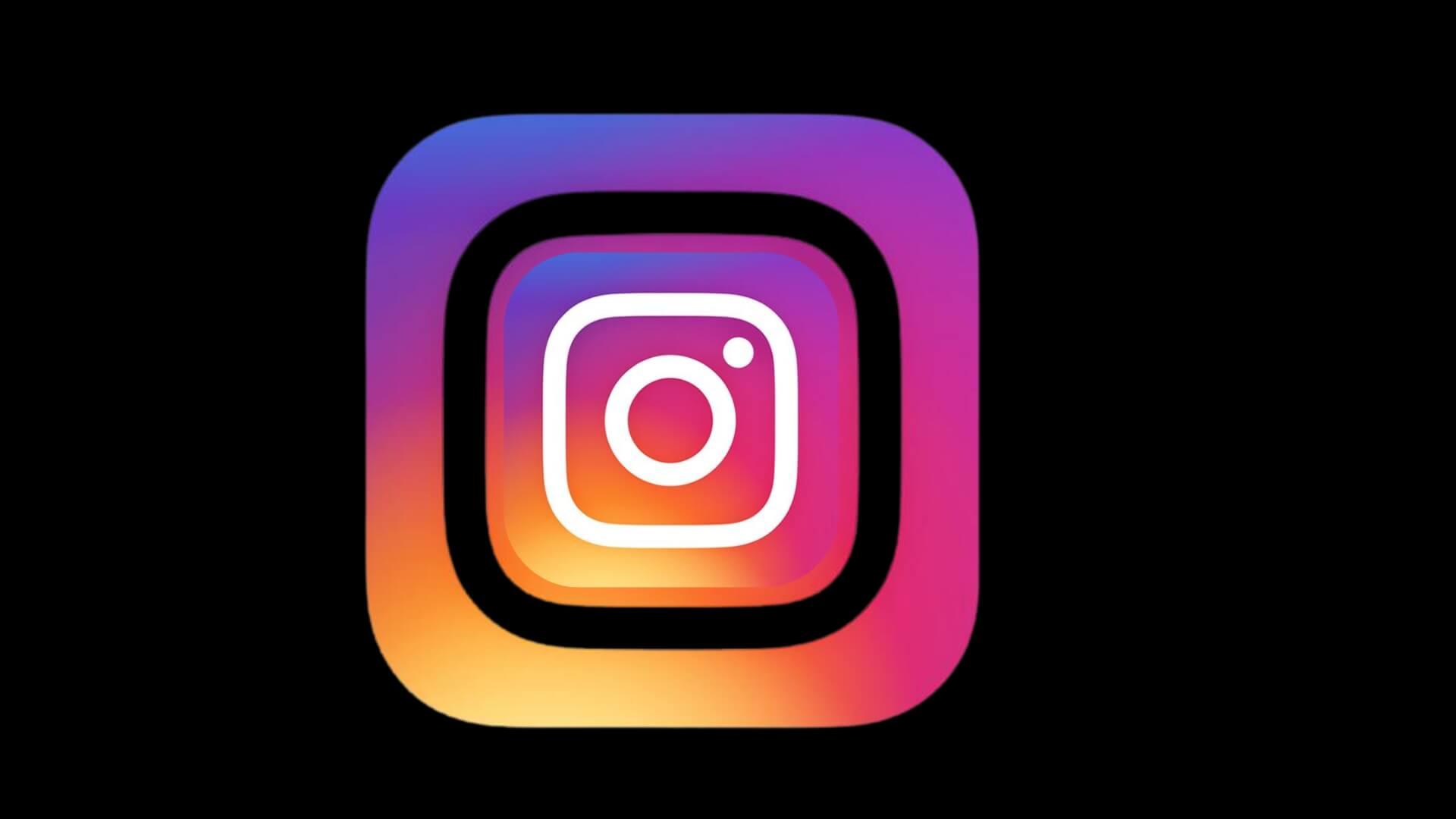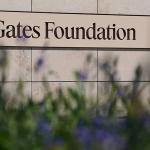Meta launches new PG-13 content controls for teens on Instagram, debuting first in Nigeria and South Africa. Africa’s role in shaping youth digital safety is growing, with regional policies and innovators setting global benchmarks for online child protection.
Instagram’s introduction of stricter, PG-13-style content guidelines for teenage users has made Africa the focal point of global digital child safety efforts, with Nigeria and South Africa serving as the first testing grounds.
Meta’s move responds directly to growing concerns from parents, lawmakers, and advocacy groups about youth exposure to harmful online content.
Under the new system, Instagram automatically filters out adult-oriented material and search terms—including those related to alcohol, violence, sexual content, and risky stunts.
Teens under 18 will lose access to accounts that regularly share age-inappropriate content, as well as certain interactive features like direct messaging and commenting.
Only parents can override these protections, even for older teens. According to Meta, the update aligns Instagram’s teen experience with PG-13 movie standards, designed to “minimize harm and help teens engage safely online.”
Nigeria and South Africa were selected for the rollout due to their robust digital regulatory landscapes. Earlier this year, Nigeria’s Data Protection Commission fined Meta $290 million, while South Africa’s Competition Commission continues to challenge global platforms on issues of user freedom and media diversity.
Together, they exemplify Africa’s broader movement toward digital sovereignty, with nearly two-thirds of nations across the continent now enforcing comprehensive data protection laws.
Instagram’s project builds on Africa’s growing momentum in youth digital safety. The continent’s 2025 Safer Internet Day carried the theme “Digital Citizenship: Educating an African Fit for the 21st Century,” spearheaded by organizations like Child Online Africa and Internet Safe Kids Africa.
The African Telecommunications Union has also taken a coordinating role in regional children’s safety programs, reinforcing a shared policy direction.
West Africa has already shown leadership: Nigeria’s National Information Technology Development Agency endorsed Meta’s teen safety tools, viewing them as aligned with national priorities.
In Southern Africa, South Africa’s participation is strengthened by international cooperation, particularly through UNESCO’s “Social Media 4 Peace” project.
Meanwhile, East Africa’s advances in crypto regulation and digital governance signal preparedness for similar digital protection frameworks.
Africa’s regulatory progress is not without challenges. Policymakers must protect youth without veering into overreach or censorship, as seen in Niger’s recent policy requiring state authorization for social media groups.
Still, Meta’s decision to adapt to Africa’s stricter standards underscores the continent’s growing influence on global technology governance.
With 40% of Africans aged 15–24 already online—and the under-24 population expected to reach 850 million by 2050—these digital safety initiatives carry global significance.
Africa’s leadership is redefining corporate accountability and shaping international norms for youth well-being in the digital era.
If successful, its standards could soon serve as a global benchmark, reversing the historic trend of African users receiving weaker online protections than their global peers.
Leave a comment
Your email address will not be published. Required fields are marked *





